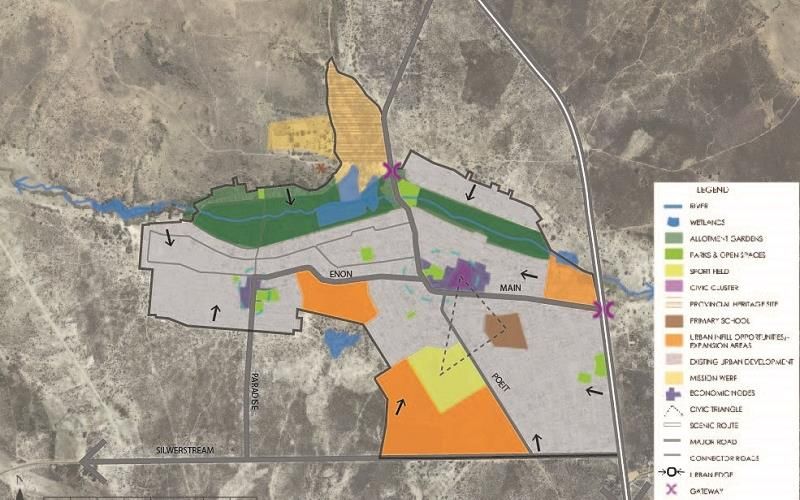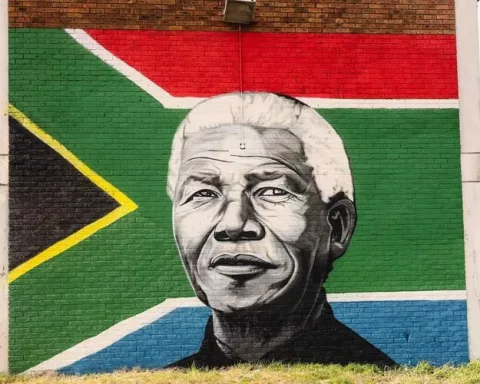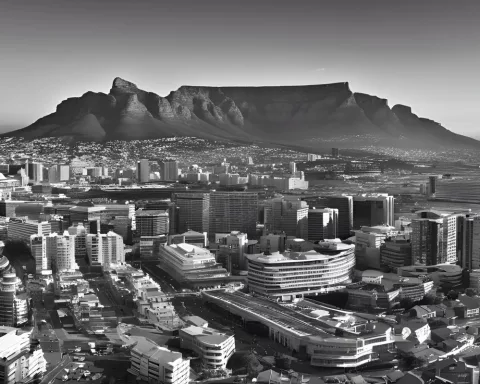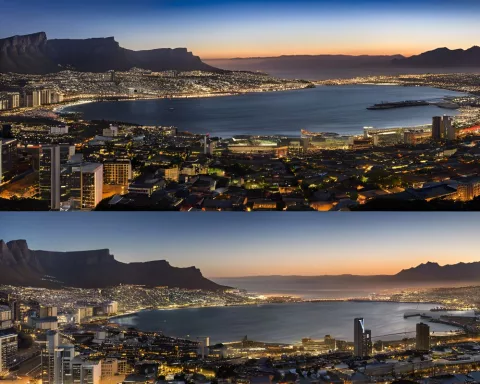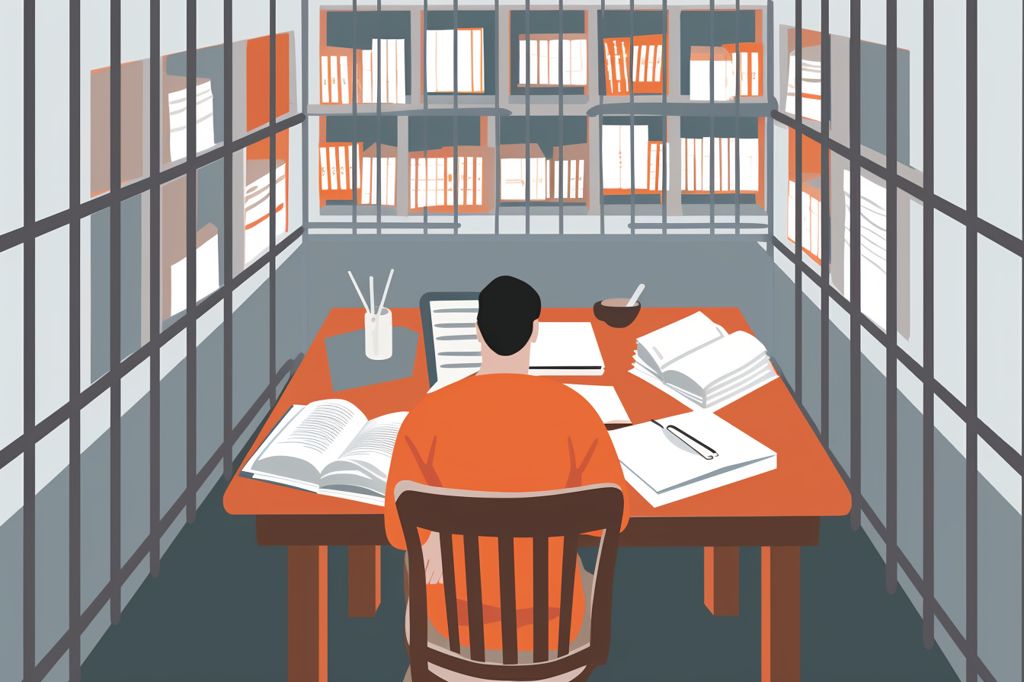The City of Cape Town has taken a significant step forward in Mamre’s development and investment prospects by adopting the Mamre Local Spatial Development Framework (LSDF). This framework was developed in consultation with the Mamre community and provided a comprehensive spatial vision for the town.
Certainty for Planning Purposes
One of the significant benefits of the LSDF is that it provides certainty for planning purposes. This certainty is helpful for both existing residents and potential investors. The LSDF guides the City’s decision-making process when assessing development and land use applications. It helps to ensure that proposed actions align with the City’s spatial policies and are appropriate for the local context.
Holistic Approach to Future Development
The LSDF takes a holistic approach to the future development of Mamre. It focuses on promoting sustainability, resilience, and efficiency. The LSDF identifies six precinct areas and guides the most appropriate land uses and development principles.
Diverse Range of Options
The LSDF offers diverse options for the town’s future growth and development. The approach encompasses a range of different precincts, each with its unique character and opportunities for development. The LSDF provides options for heritage conservation, urban agriculture, mixed-market residential developments, and wind energy farming.
Fresh Hope and Confidence in the Future
Overall, adopting the Mamre LSDF is an essential milestone for the town. It offers fresh hope and confidence in its prospects. With the guidance provided by the LSDF, Mamre is in an excellent position to attract new investment and development opportunities while preserving and enhancing its unique character and heritage.

